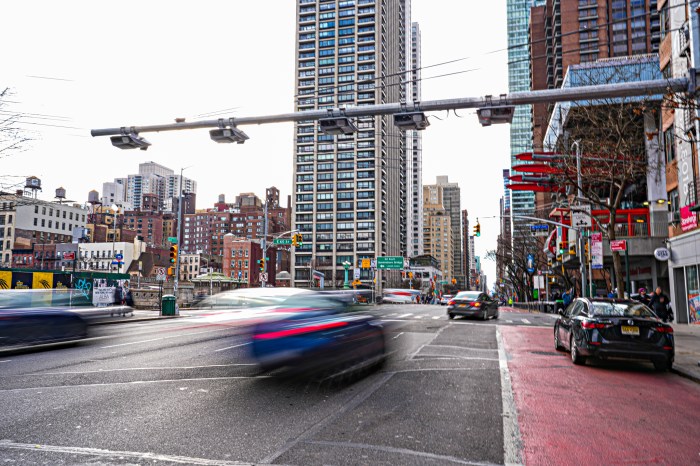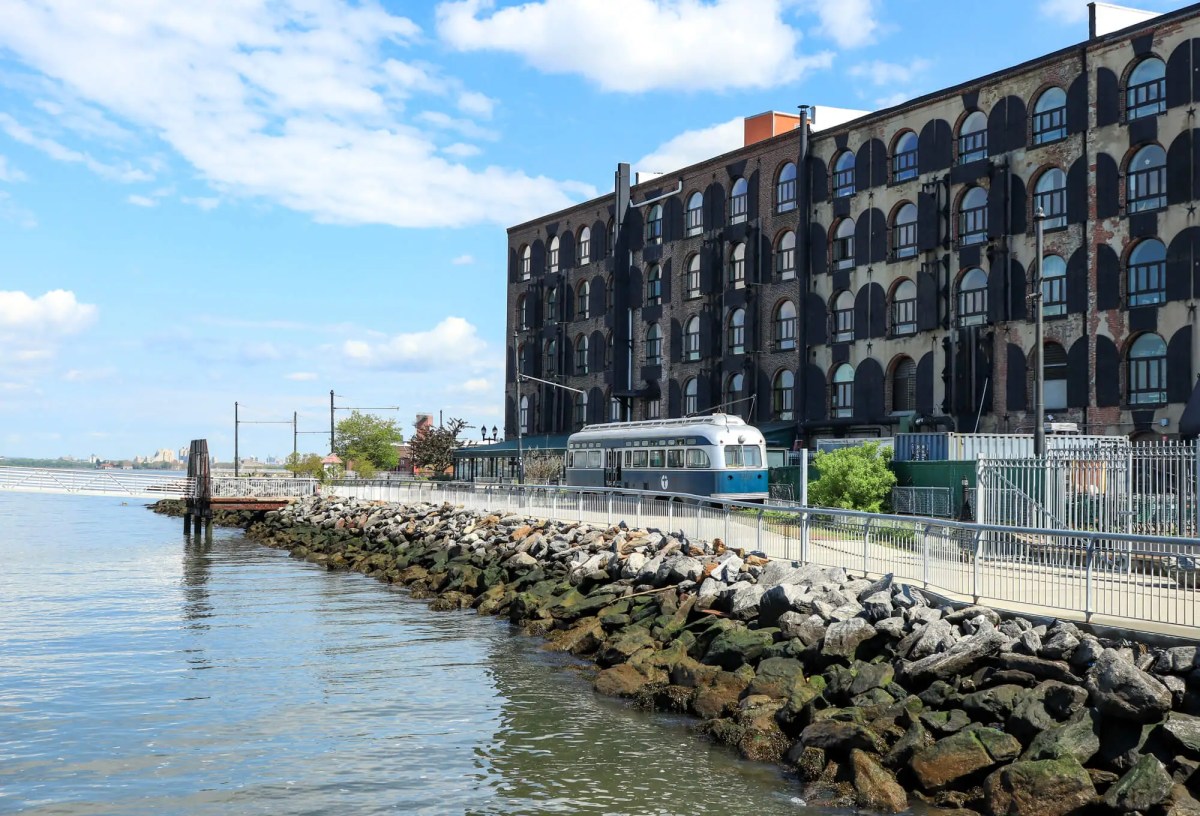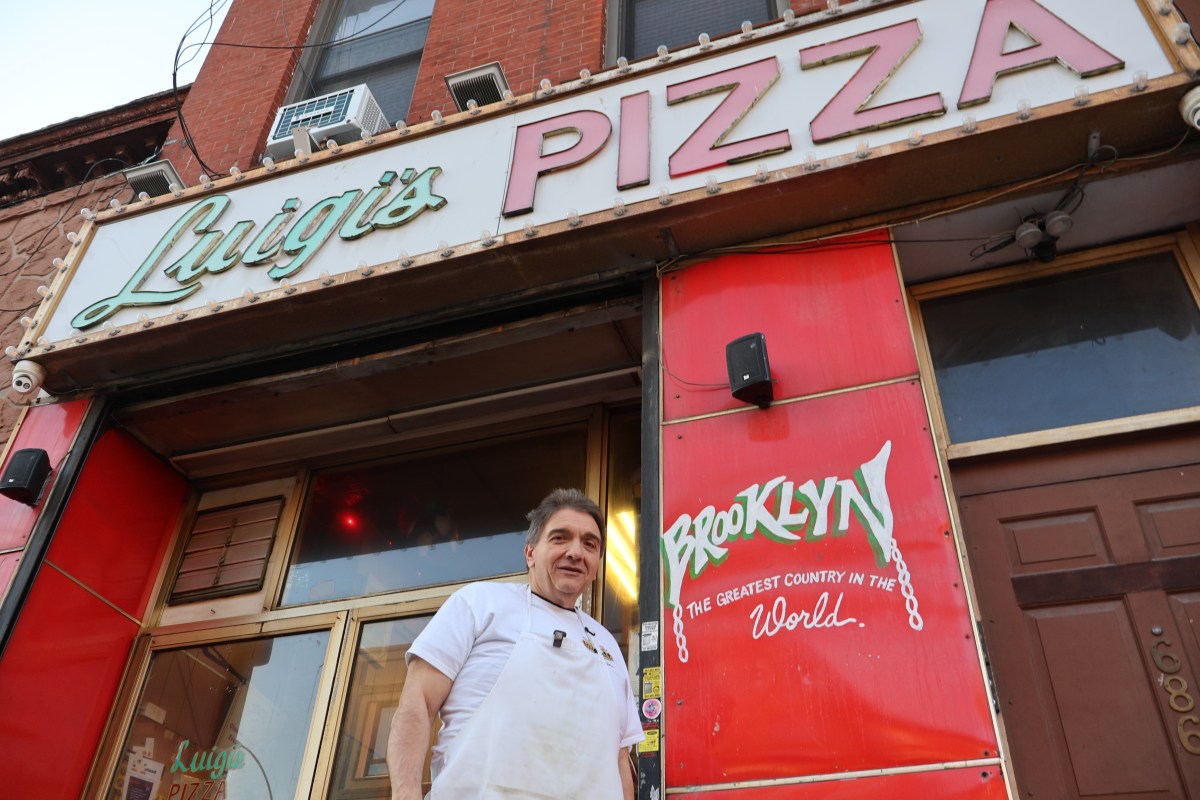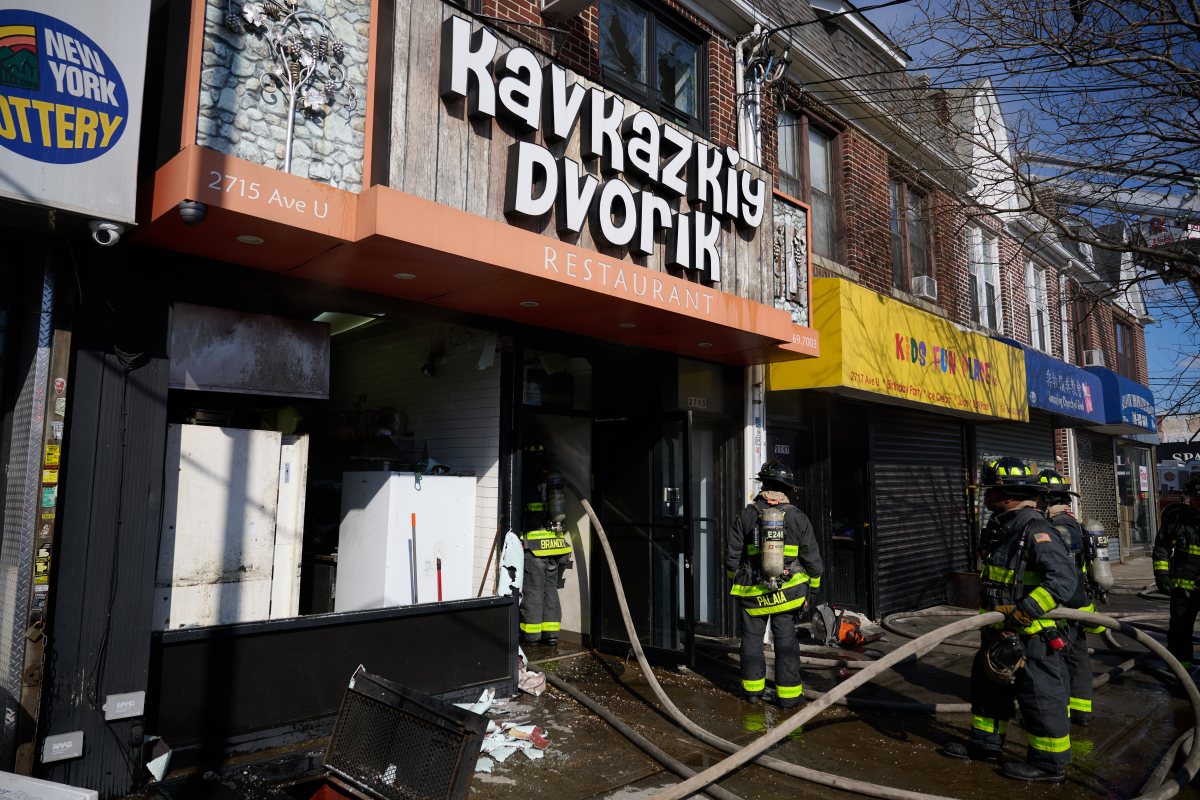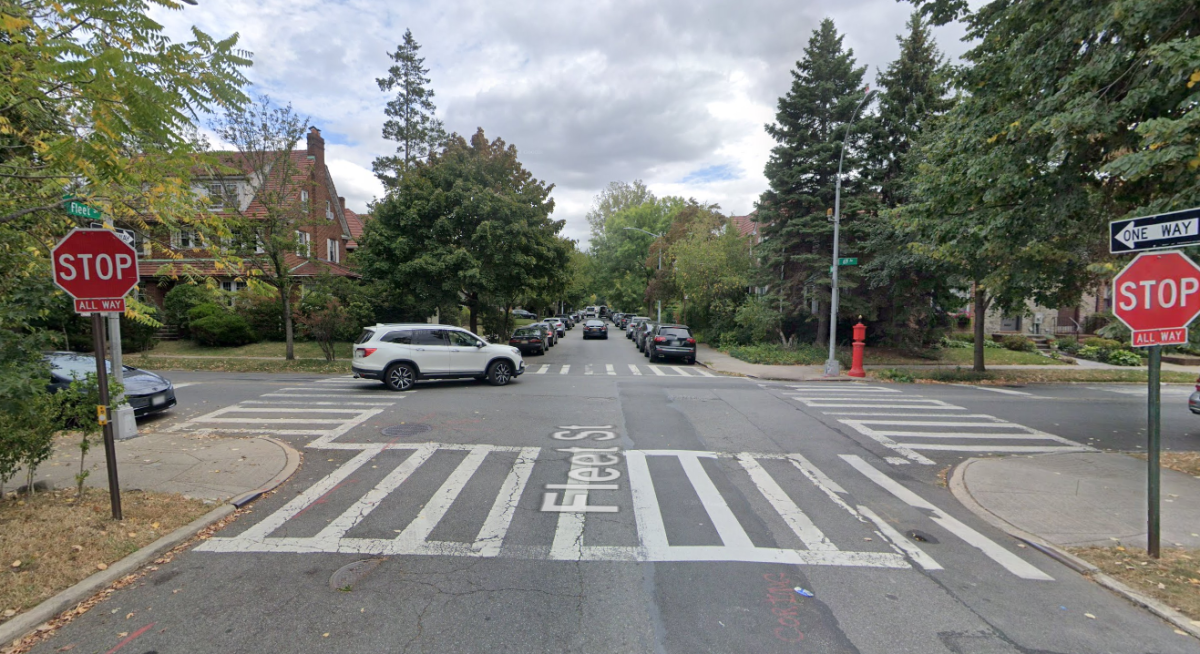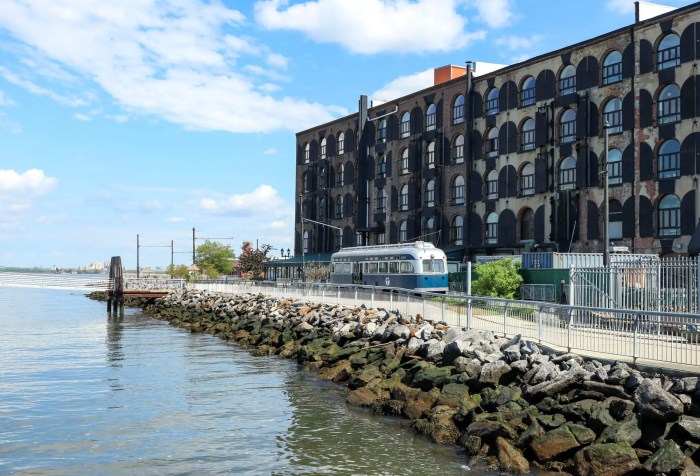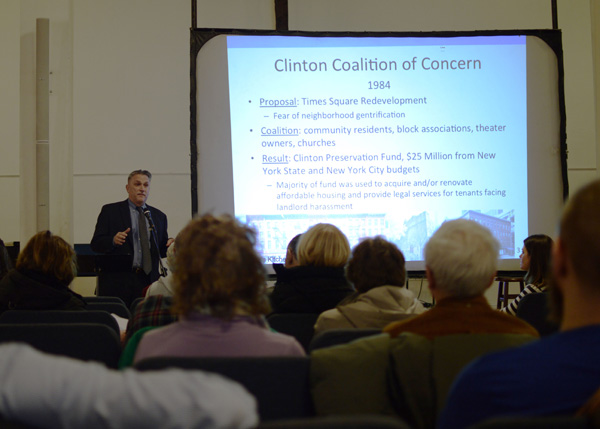
BY JACKSON CHEN | At the Hell’s Kitchen South Community Coalition’s first official meeting on February 7, members presented the results of an expansive neighborhood survey conducted since December and began discussing their goals moving forward.
The coalition was first ignited as the community’s way of responding to its lack of public input into the Port Authority of New York and New Jersey’s planning for a new bus terminal project. The Port Authority’s aging facility on Eighth Avenue between West 40th and 42nd Streets is long overdue for renovation, but the agency has been forced to restart its efforts in the face of a concerted effort waged by unhappy residents and local elected officials.
According to Joe Restuccia, a member of the coalition as well as of Community Board 4, the Hell’s Kitchen neighborhood has a history of uniting to oppose unwelcome local development. The Hell’s Kitchen South Community Coalition began its efforts with an extremely detailed survey distributed throughout the neighborhood beginning in December.
Several dozen residents showed up for the coalition’s first meeting, which focused on sharing the survey results that included more than 250 comments, on topics ranging from air quality and transportation to neighborhood preservation and housing.
Nearly 30 percent of the comments mentioned the need to improve air quality overall, with roughly 16 percent calling for better enforcement of restrictions on idling buses and more than 10 percent suggesting that part of the bus terminal be relocated to New Jersey. Regarding transportation concerns, close to 20 percent of respondents said tunnel and street level traffic should be alleviated, with one comment emphasizing the need to carry this out prior to building any new bus terminal.
The survey specifically posed the question of “where to rebuild the terminal,” with 70 percent of the 254 respondents saying both New York and New Jersey should share the burden, 84 percent saying the terminal should only use land already owned by the Port Authority — rather than resorting to eminent domain to capture property currently in private hands — and 65 percent preferring any rebuilding on Eighth Avenue, rather than moving a new facility west of Ninth Avenue.
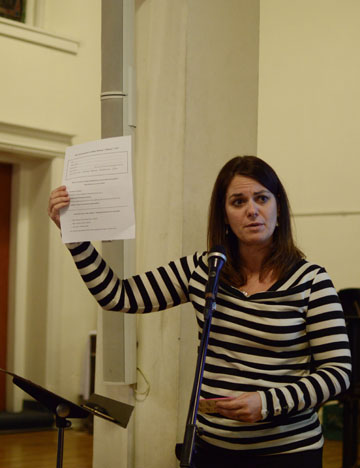
On other community concerns, residents wanted to see more affordable housing, parks, playgrounds, and green roofs, the preservation of a diverse small business environment as well as the area’s limited number of historic structures, and extension of the 7 subway line to New Jersey.
The Reverend Tiffany Henkel, the pastor of the Metro Baptist Church at 410 West 40th Street, said she was not surprised at the impressive number of survey responses the group received, given the keen awareness Hell’s Kitchen residents have of neighborhood issues.
“It was good to collect [the survey results] in the way we did,” Henkel said. “The numbers don’t tell the whole story, but I think it does help us get a sense of where we’re starting and gives us a basis to start our goals.”
Since it was the coalition’s first meeting, Henkel pressed to create some structure by forming a steering committee to oversee coalition operations and a planning committee to spell out the community’s priorities regarding future major projects in the neighborhood. The pastor added that in addition to seeking members for the committees, the coalition is looking for anyone with special skills like data analysis or fieldwork.
“We have passion and we have food and we have power, that’s kind of where we are,” Henkel said. “We need some folks to help us really get motivated and moving around preserving our neighborhood.”
She said the coalition would meet every two months or so, with the next scheduled meeting for April 4 at 6:30 p.m. at the Metro Baptist Church, unless something comes up to require an emergency meeting at an earlier date. The coalition’s ultimate goal is to develop a cohesive community vision so that the Port Authority will turn to it collaboratively going forward.
“We learned a long time ago these public actions happen one way or another,” Restuccia said. “We’re not going to stop the action from happening. Our goal is to shape how the action happens. By us being organized, that’s what makes a difference and enables community board and elected officials to walk into a room and sit with Port Authority officials, negotiate back and forth, and determine what is the plan that helps us instead of wipes us away.”






